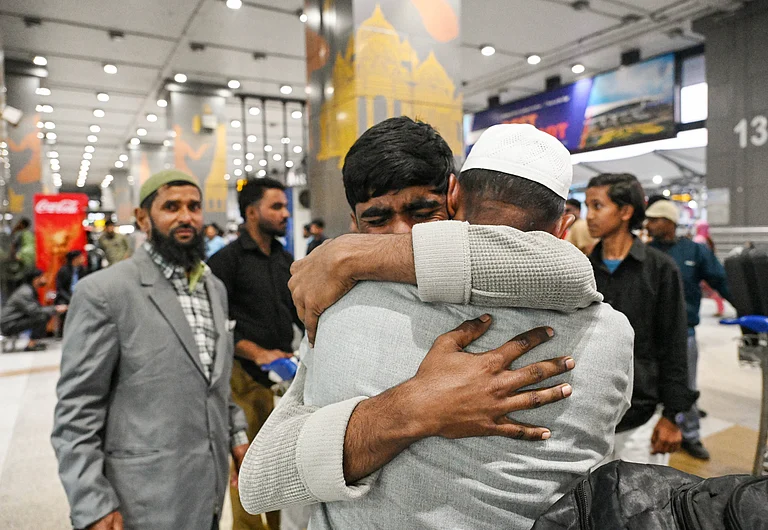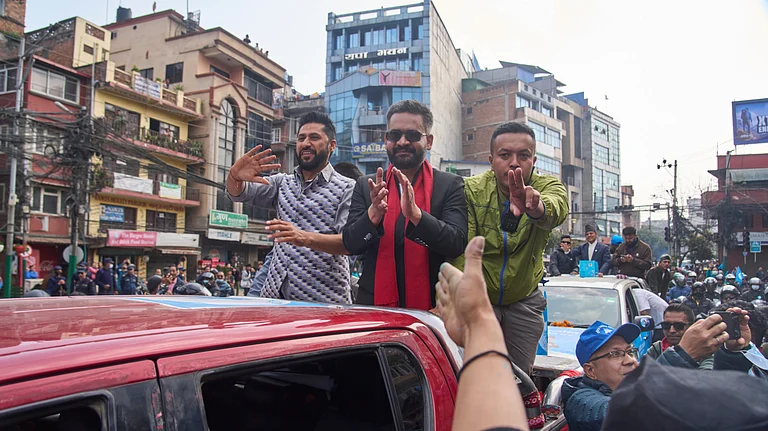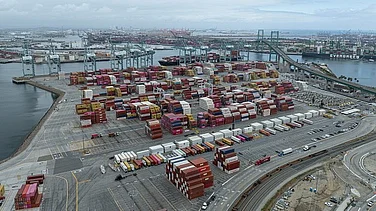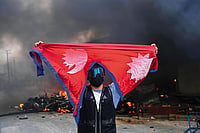The Patna High Court in its recent judgment has instructed the Bihar government to put an immediate stay on the ongoing caste-based survey. Before we delve into the details of the stay, let’s talk about the general socio-political set up in which the survey was being conducted and the constant efforts of the ruling parties both at the center and the state in branding and/ or re- branding their stances towards the novel exercise.
The BJP playing fast and loose over Caste Census (showing reluctance to enumerate OBCs despite backing the demand as opposition in 2010 and the overwhelming support for the same amongst its own OBC members) is a reflection of its caste-blind socio-economic demographic analysis approach to ensure their ‘Hindu Unity’ project remains unharmed and the supporters of Neo-liberalism continue to see capitalism and its variants as facilitators of annihilation of caste. Although, the changing stance over caste census by the Central government accompanied with a persistent demand for conducting it by various states has surely made a rather dull exercise of conducting a decennial census into an emotive issue.
For a significant period of time post-independence, there has been a certain level of “caste-blindness” to policy-making and this has been accompanied by the wishful thinking that if we do not address caste and make it even more glaring it will wither away. Under such scenario the question that we need to ask today cannot be limited to how a caste census will worsen the rigged socio-economic structure. The question today includes deliberations on if we are actually better off without addressing caste.
The idea behind the caste-based census is to recognize what we mean to abolish (in order to abolish caste, caste-based discrimination, caste-based distribution of wealth and socio-cultural inequalities generated by caste it is essential to understand its expansiveness). Scholars like Sudipta Kaviraj, Arjun Appadurai have argued about the constitutive role of official statistical records.
According to them, official statistical records not only help reflect reality but also play a dominant role in creating it and this has been tilted and twisted by some liberal upper-caste intellectuals as an argument against the census. But if try and decode the reality of BJP’s reluctance towards caste census it is highly contingent upon its political losses.
Once a caste-based census would be conducted it would do away with the fuzziness and fluidity around the non-dominant castes within the OBCs and ultimately a substantial data reflecting the social reality of India’s lesser known precarious groups will be revealed out in the open. The BJP government that has relied on this fuzziness and fluidity to ‘Mandal-ise’ itself as per its electoral needs (the Modi government passed the EBC quota just a few months before the 2019 Loksabha elections) and woo the OBC vote bank can see how a caste based census would prevent people from confusing censorship of caste with abolition of caste and hence is trying its best to nip it.
The caste-based census would make sure that everybody’s caste be counted and that the privileged sections of the upper castes lose the advantage of anonymity and their facetious claims of being casteless while enjoying the privileges such as inherited wealth and access to education would come crashing down.
The caste-based census would make visible what Satish Despande calls “the most powerful and most pampered minority: the upper caste”. It would make visible how the upper caste is still gate-keeping the OBCs, SCs and STs from academic ventures by rendering them “not fit” for admissions in higher education, teaching positions as well as administrative jobs. The fact that only three percent of the total teaching positions in the 23 Indian Institutes of Technology across India are occupied by persons from the marginalized communities speaks for the generational socio-cultural privileges of the so-called casteless and meritorious upper caste intelligentsia.
The caste-based census would make acknowledgement of the presence and impact of the systemic deprivation the caste structure has inflicted upon the citizens even more glaring. The wealth distribution in our nation is a direct outcome of the historic presence of caste. According to a paper published on the basis of data collated by World Inequality Database for the years 1961 to 2012, SC communities own 7-8% of total wealth (11 percentage points less than their population share). ST communities own 5-7% of total wealth (1-2 percentage point less than their population share). OBC communities own 32% of total wealth in 2002 which increased only marginally in 2012 resulting in overall worsening of the gap relative to population share (-7.8% to -10.2%), due to considerable increase in their population share.
The share of Upper Caste groups has shown an increase from 39% to 41% in their share in total wealth from 2002 to 2012. Relative to their population share this group improved the gap from +14% to +18% in said 10 years. Amidst such circumstances it becomes important to have concrete and accurate data to comprehend the socio-economic precarity of various caste groups.
The caste-based census data would become instrumental in understanding the achievements and shortcomings of the reservation policies by bringing the massive gap between economic and social capital acquisition within and between the general category as well as the reserved sections to the fore. The census would also help probe into the effectiveness and efficiency of the parameters of socio-economic and educational backwardness for the OBCs. The parameters of backwardness those have so far been calibrated on the basis of a group’s social indicators in relation to the Scheduled Castes need to be over-turned and re-calibrated to reflect the relative backwardness in comparison to the “general category”.
Coming back to the interim order by the Patna High Court to put a stay on the ongoing caste-based census: The major concerns of the Patna HC are of data integrity and security, the appropriation of massive funds in conducting the exercise and the very legality of the exercise itself. The interim order of the Court came out as a result of the petitions filed by: Youth for Equality, Delhi-based voluntary group ‘Ek Soch Ek Prayas’ and three activists from Bihar- Akhilesh Kumar, Muskan Kumar and Reshma Prasad.
Reshma Prasad, a transgender activist from Bihar petitioned against the caste-based survey due to its essentially flawed nature in terms of addressing the transgender question in Bihar. The census has identified the transgender community as a caste which is nothing but a travesty of justice for one of the most marginalized population of Bihar to put it in the mildest words. There were other concerns on behalf of the people from Lohar community and some groups from Extremely Backward Class.
The petitioners raise some really important concerns with respect to the most marginalized sections of the society whose emancipation the caste- based census promises. It is important for the current regime to address the issues raised and as was also conveyed by the Deputy CM, Tejashwi Prasad Yadav when he stated that they will sit together and understand the legal nitty-gritties of the order to decide the future course of action. However, the BJP as per its customary practices has begun to malign the current government for not conveying its explanations convincingly enough to the Court and questioning the preparedness of the Nitish government while undertaking such a massive exercise.
Counting people for an efficient policy is the kernel of any successful state. Without developing an econometric understanding of the populace initiating policies or even parliamentary dialogues is as good as lip services. A caste census hence is a social imperative. In my opinion, a caste-based census is the missing link between the politics of representation and politics of intervention. It presents an opportunity to comprehend where we have gone wrong as a collective, what needs fixing, and where should the restructuring project begin.
(Sandeep Saurav is a CPI-ML MLA from Paliganj, Bihar)





















